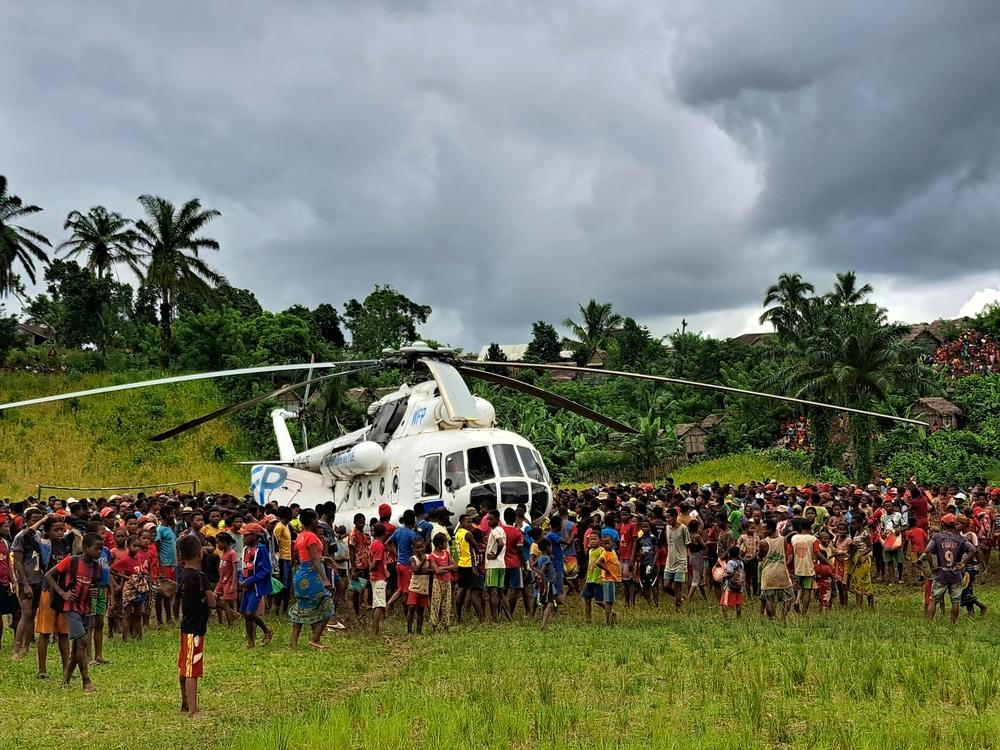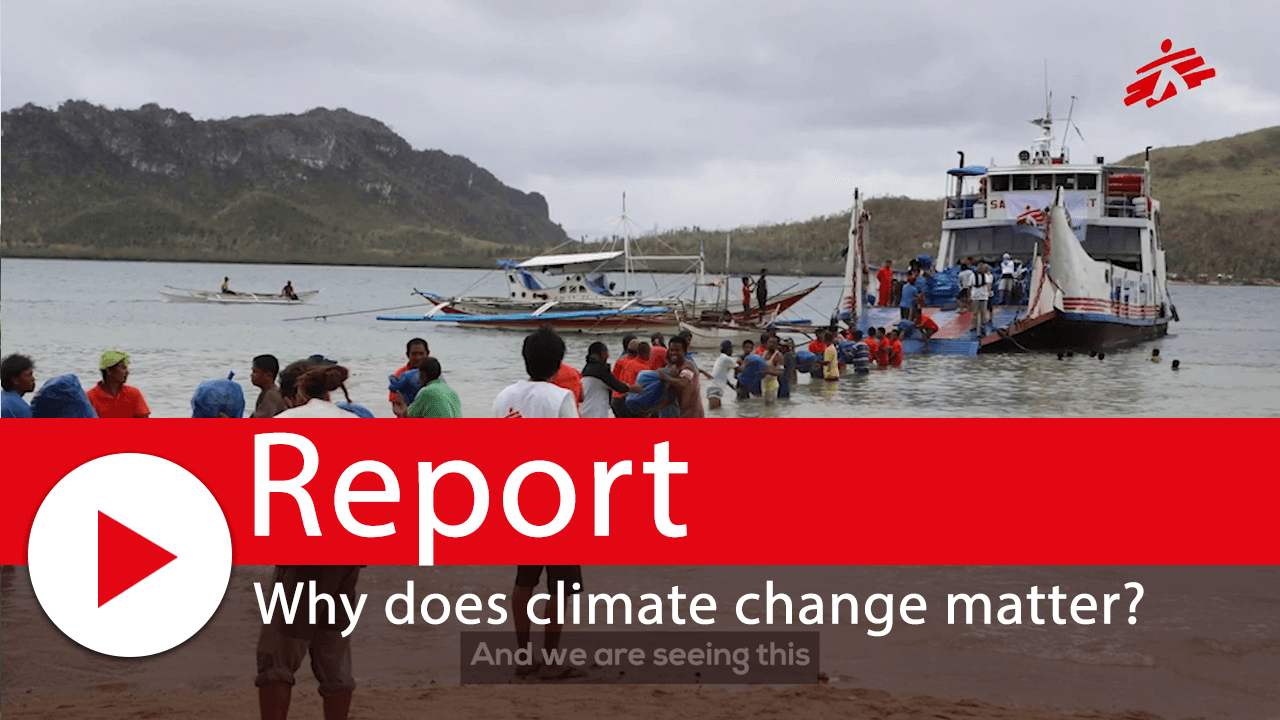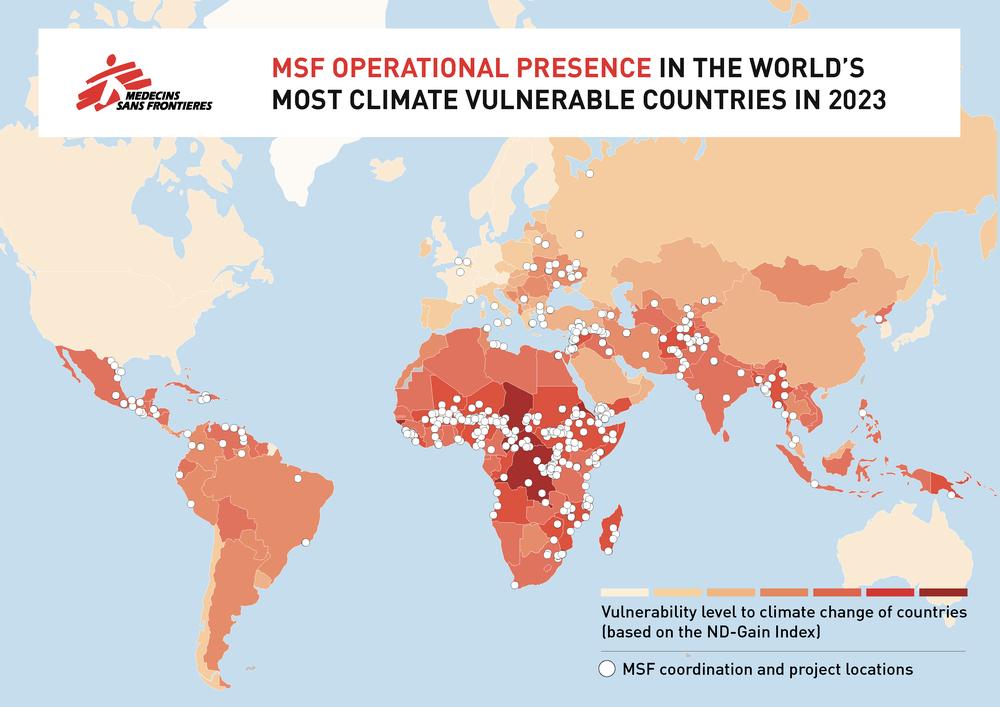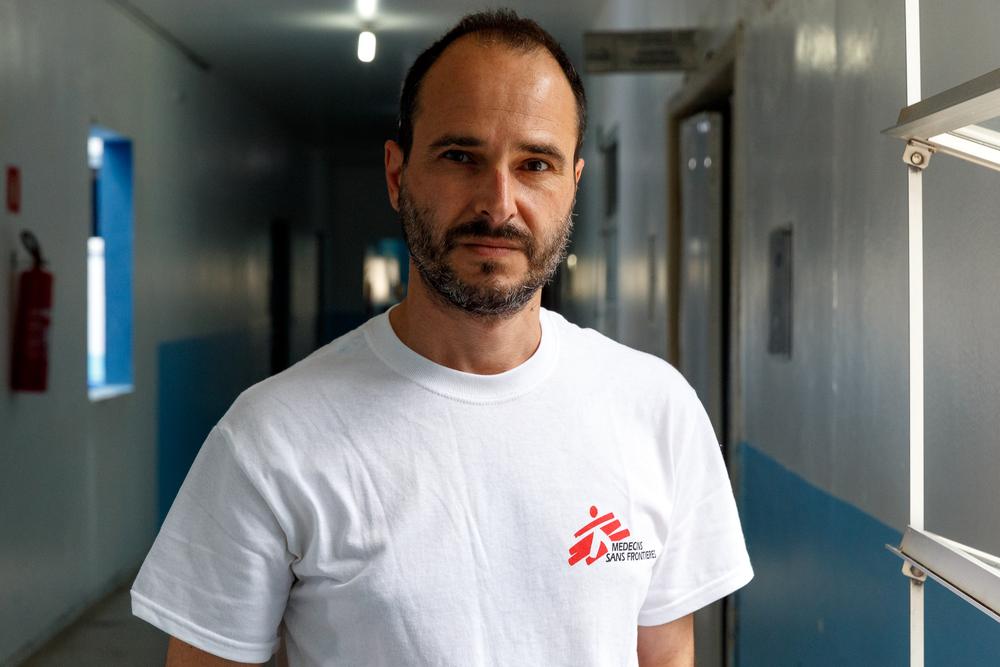
At COP28, more failure is not an option for vulnerable communities
In 1 click, help us spread this information :
Too little is being done to protect the most vulnerable people against the negative impacts of climate change, warns international medical organisation Médecins Sans Frontières (MSF). World leaders gathering in Dubai for COP28 must take urgent measures to protect the health of the most affected communities.
“The world’s most vulnerable people are paying with their health and their lives for a problem they did not create,” says Dr Christos Christou, MSF International President.
It is both absurd and tragic that those who are the least responsible for the emissions that generate the climate emergency are left to suffer the consequences. This shows that we are not just in a crisis of climate, but also in a crisis of humanity and solidarity.” Dr Christos Christou, MSF International President.

The climate emergency is a health and humanitarian emergency.
Severe health impacts of climate change are already affecting people across the globe and are projected to increase over time as the planet heats up. MSF works in many of the world’s most climate-vulnerable settings and treats patients experiencing the health impacts of climate change first-hand.
In 2023, we have continued to witness and respond to the consequences of such events, including widespread flooding in South Sudan, severe cyclones in Myanmar, Madagascar and Mozambique, and relentless heat and extended droughts that have driven millions to the edge of starvation throughout the Horn of Africa. We have also responded to multiple concurrent cholera outbreaks in several countries and alarmingly high rates of dengue across the Americas. The deadly mix of malaria and malnutrition has kept our paediatric wards full across the Sahel, including in eastern Chad, where people fled to from gruesome conflict in Sudan.
“This is not a future problem; it is happening now. We see it in our waiting rooms.
Dr Christos Christou, MSF International President.
The climate emergency is a health and humanitarian emergency. Severe health impacts of climate change are already affecting people across the globe and are projected to increase over time as the planet heats up. MSF works in many of the world’s most climate-vulnerable settings and treats patients experiencing the health impacts of climate change first-hand.
In 2023, we have continued to witness and respond to the consequences of such events, including widespread flooding in South Sudan, severe cyclones in Myanmar, Madagascar and Mozambique, and relentless heat and extended droughts that have driven millions to the edge of starvation throughout the Horn of Africa. We have also responded to multiple concurrent cholera outbreaks in several countries and alarmingly high rates of dengue across the Americas. The deadly mix of malaria and malnutrition has kept our paediatric wards full across the Sahel, including in eastern Chad, where people fled to from gruesome conflict in Sudan.

